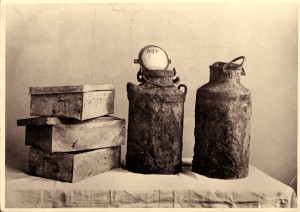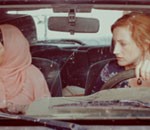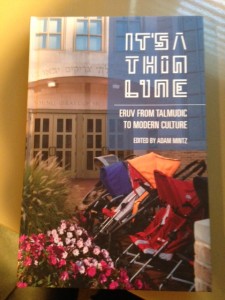I am pleased to announce three presentations in our annual Contemporary Israeli Voices 2015 series. This year the series opens with the Center for Jewish Studies Distinguished Scholar lecture, Shimon Adaf’s lecture, Adventures in the Unreal: On Judaism, Identity, and Writing, followed by a multimedia presentation by Yithak Goren about Cosmopolitan Alexandria: An Enchanting Ship of Fools and ends with Asaf’s Gavron’s Tel Aviv Magic: History, Literature and murder. All presentation are at 8 pm at Russell House, 350 High Street. On behalf of The Center for Jewish Studies, I would like to extend an invitation to you to attend. All are welcome and admission is free.
Thursday, September 17, 2015. Shimon Adaf, Center for Jewish Studies Visiting Professor and 2012 winner of Sapir Literary Prize, Adventures in the Unreal: On Judaism, Identity and Writing.
Adaf is the Chair of the creative writing program at Ben Gurion University in Israel. He has published three collections of poetry and seven novels, for which he won the Ministry of Education Award for Debut book (1996) and the Prime Minister`s Prize (2007). His third collection of poetry Aviva-No won the Yehuda Amichai Poetry Award in 2010, and his novel Mox Nox won the Sapir Prize (the Israeli equivalent of the Booker Prize) in 2013.
Monday, September 28, 2015. Yitzhak Gormezano Goren, Novelist, Playwright and Stage Director: Cosmopolitan Alexandria: An Enchanting Ship of Fools.
Multi -media presentation including short clips from the films The Year 66 Was Good for Tourism and the Prince of the Transit Camp as well as reading segments from Alexandrian Summer.
Thursday, November 12, 2015. Asaf Gavron, Writer and Translator, The Tel Aviv Magic: History, Literature, and Murder.
Gavron has published five novels and a collection of short stories. He has won numerous international awards such as the Prix Courrier International in France, Buch fur die Stadt in Germany, the DAAD artists in Berlin residency, and the Bernstein Prize in Israel. His fiction has been translated into ten languages, was adapted to the stage, and four of his books are optioned for movies.
I hope you came come to all the events, Dalit Katz










